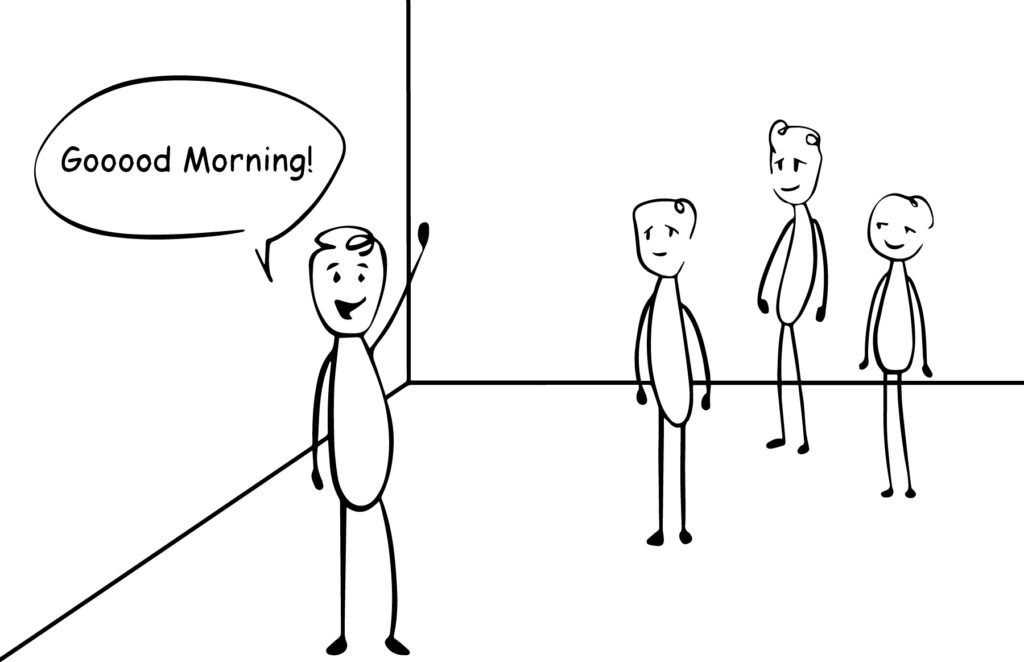Our brains are hardwired to connect to others for our survival. We like to create a tribe of like-minded people around us who share common ground about our opinions and decisions. It genuinely feels good to agree.
But in a complex world, such as the work environment, agreeing with others isn’t always helpful. We get trapped by this need to be in agreement, and it’s natural that we want to agree because disagreement is inherently painful.
Our brains experience social pain in the same way as physical pain.
Research shows that even during brain scans, when a person experiences social pain, such as being left out of a gathering, not being invited to the office party, or suspecting that people are talking about you behind your back, scientists can’t tell the difference from that socially painful experience, and a physical one. This is why we have words in our vocabulary that connect the physical with emotional, like heartbreak.
In fact, research completed by neuroscientist, Matthew D. Lieberman, discovered that if you take an aspirin 20 minutes before going into a social situation, say an awkward holiday party, you won’t feel the pain as much. (Not that we recommend doing this, but it is an interesting discovery that proves just how powerful our emotional experiences can be.)
So when we disagree, conflict arises, and when we have unhelpful conflict, it tends to get swept under the rug or split teams down the middle.
As a leader, how do you manage the desire for agreement? How do you go about encouraging your team to expand their thinking during the conflict, and use it as a way to deepen relationships rather than breaking them?
Look Internally
Start with looking internally – how do you handle disagreement? Do you get combative and shut others down? Do you comply with others because you’re afraid of not being liked? Get honest with yourself about how you manage uncomfortable conflict. Need some tips and tricks to get you started? Signup for leadership development.
Take a Step Back
The next time a disagreement arises, challenge your team to take a step back from the conflict, and ask:
- How can we experiment with multiple ideas or solutions to this problem, versus trying to figure out which one wins?
- How is it possible that my perspective isn’t right?
- What would I contribute to the conversation if the fear of being judged or dismissed didn’t exist?
Got some serious conflict issues to resolve?
We’ve discovered that when you put a group of people into the kitchen together, all titles fade away, power dynamics shift, and real growth occurs. Curious to learn more about the brain science behind culinary workshops? Signup for team-building experiences.




